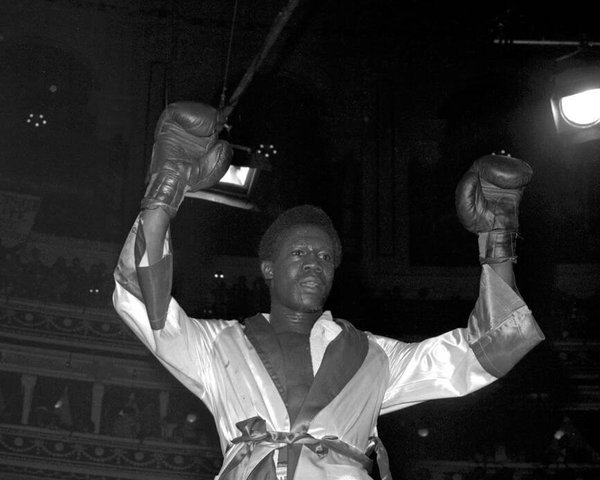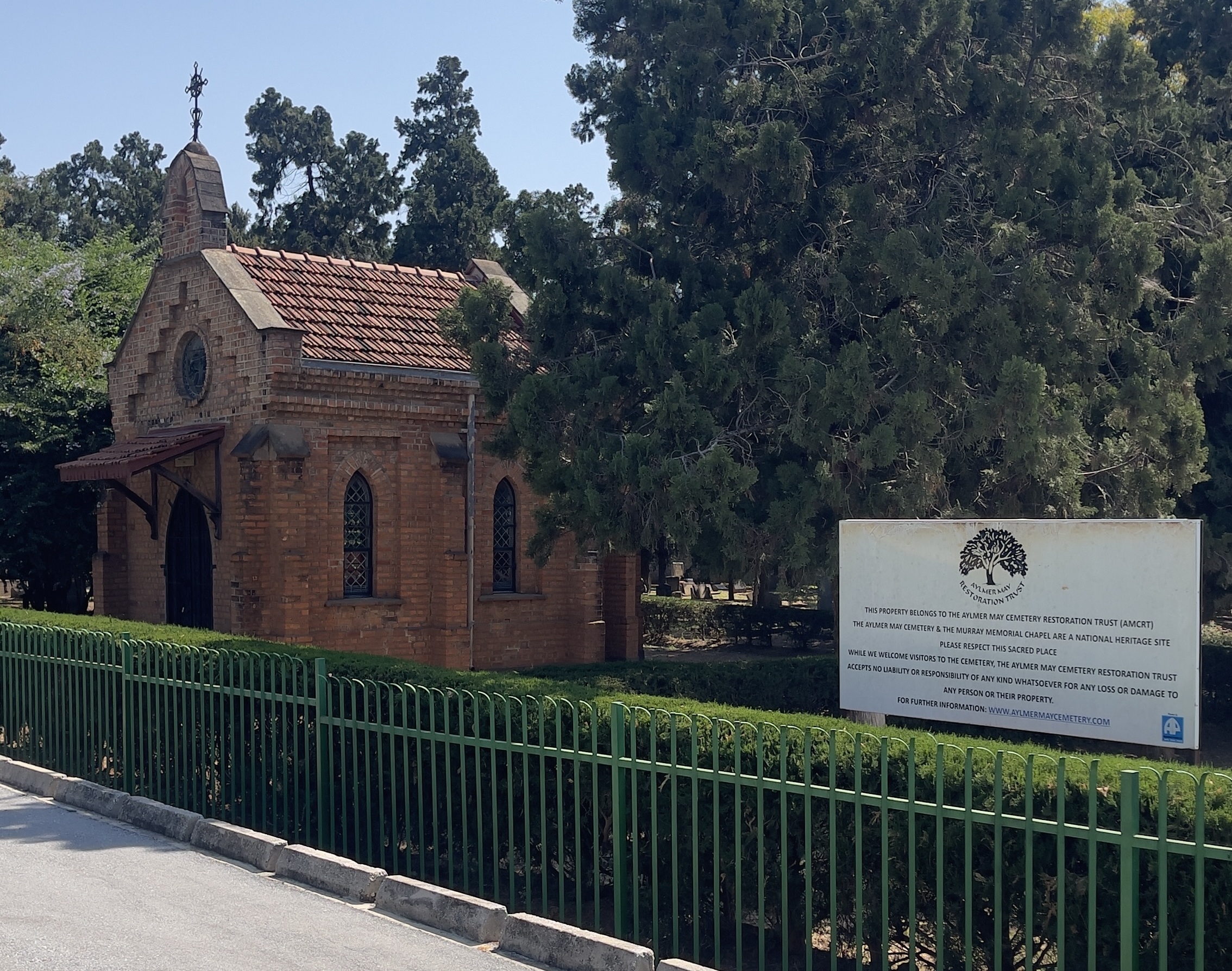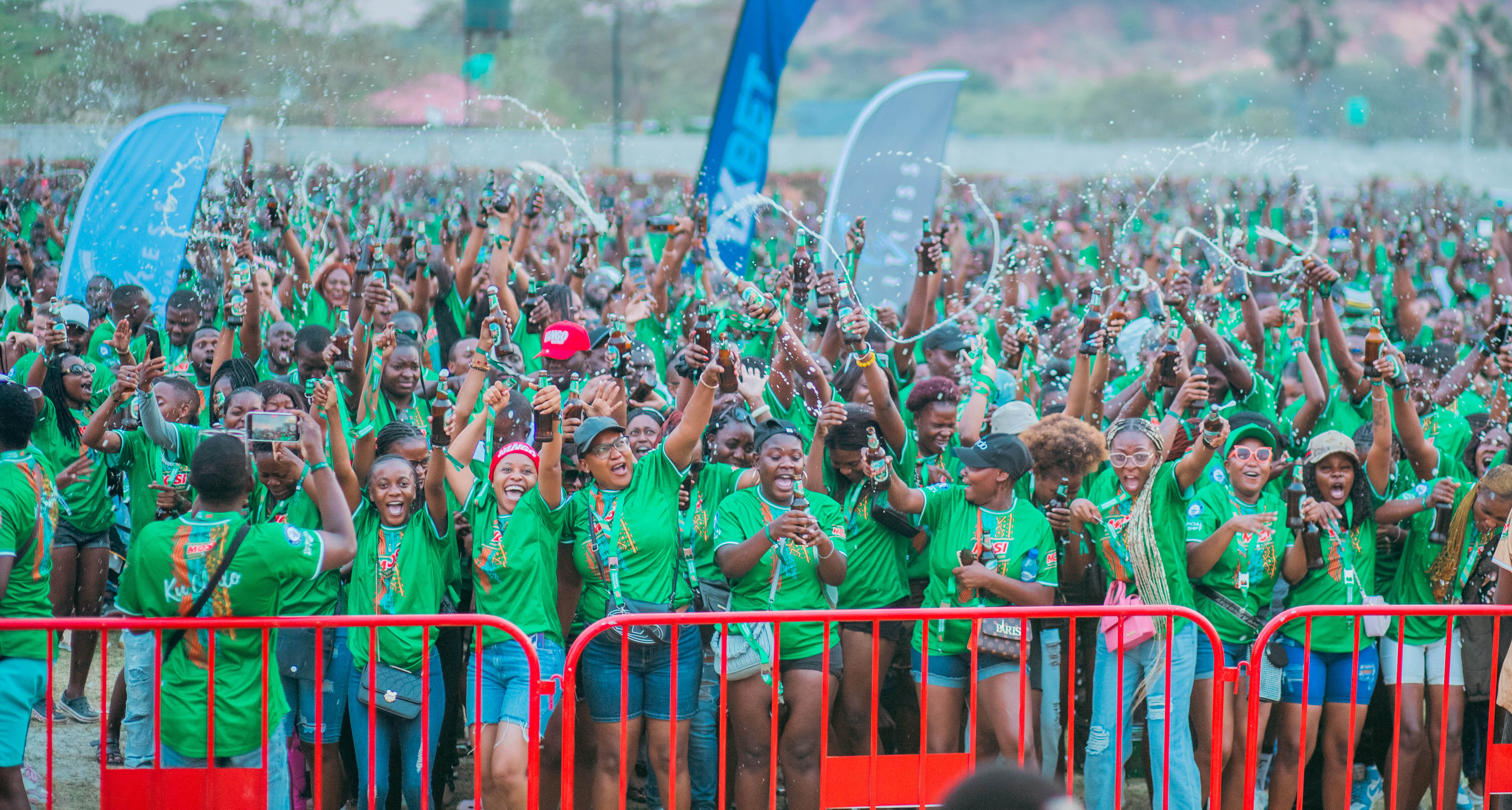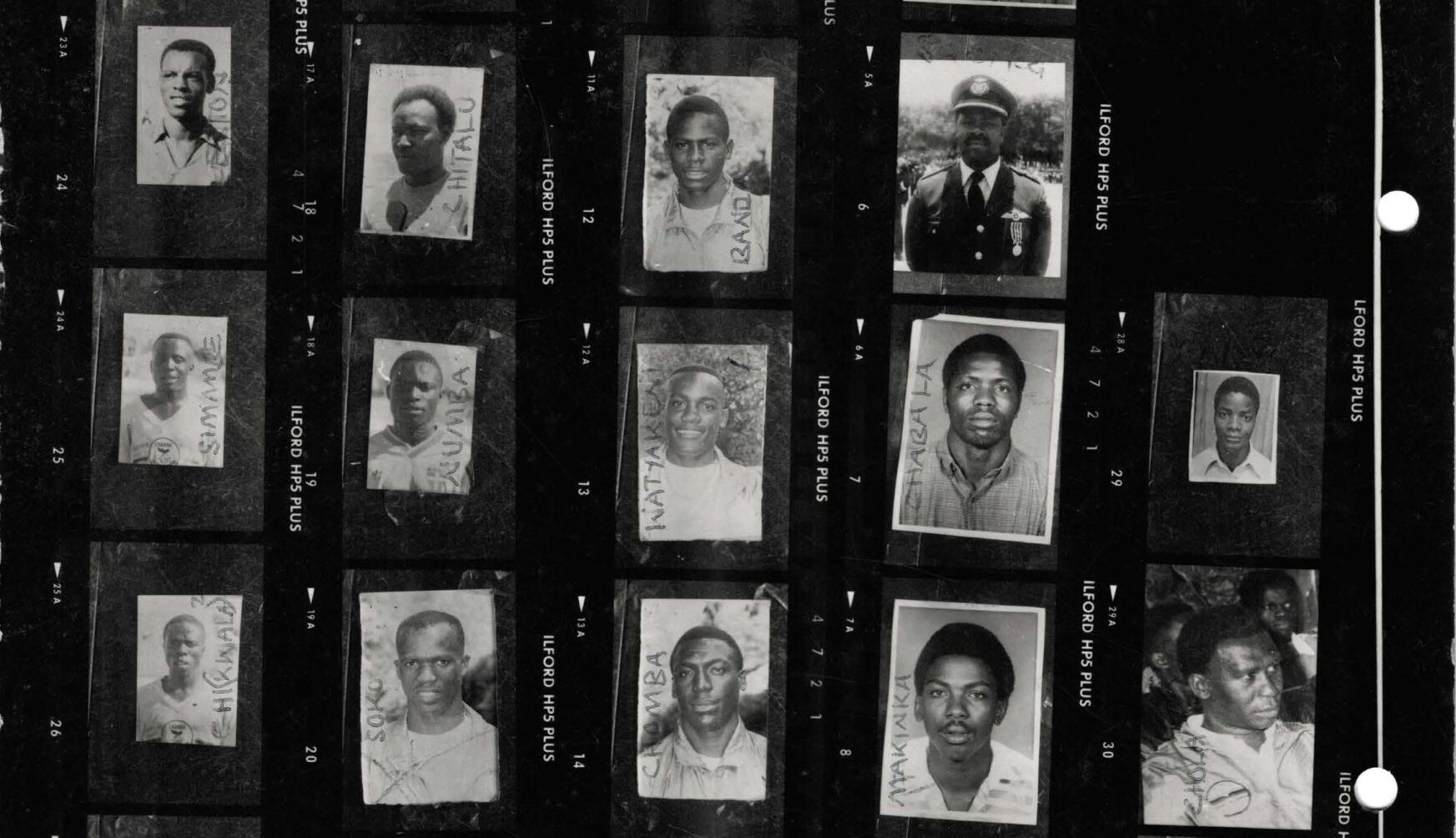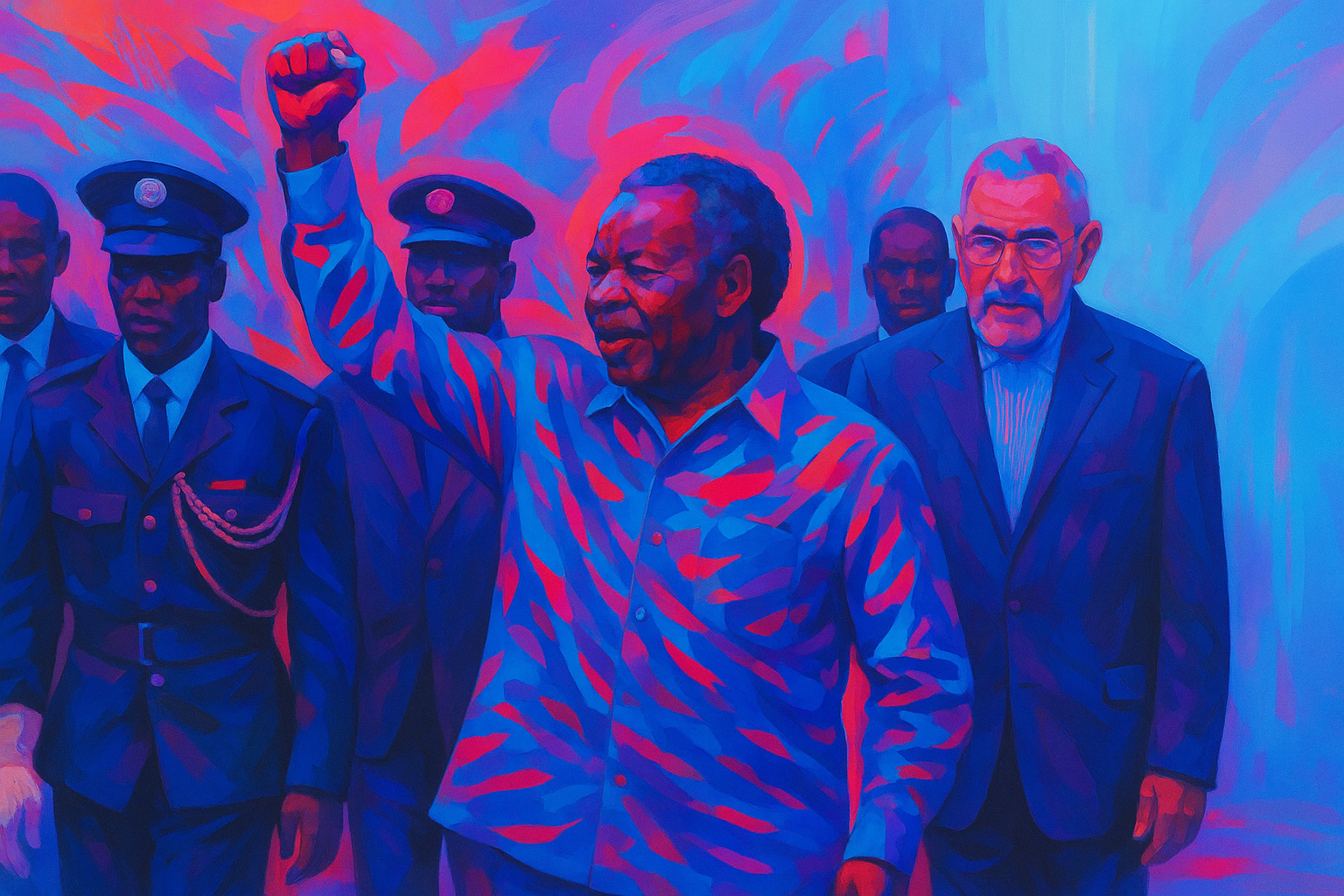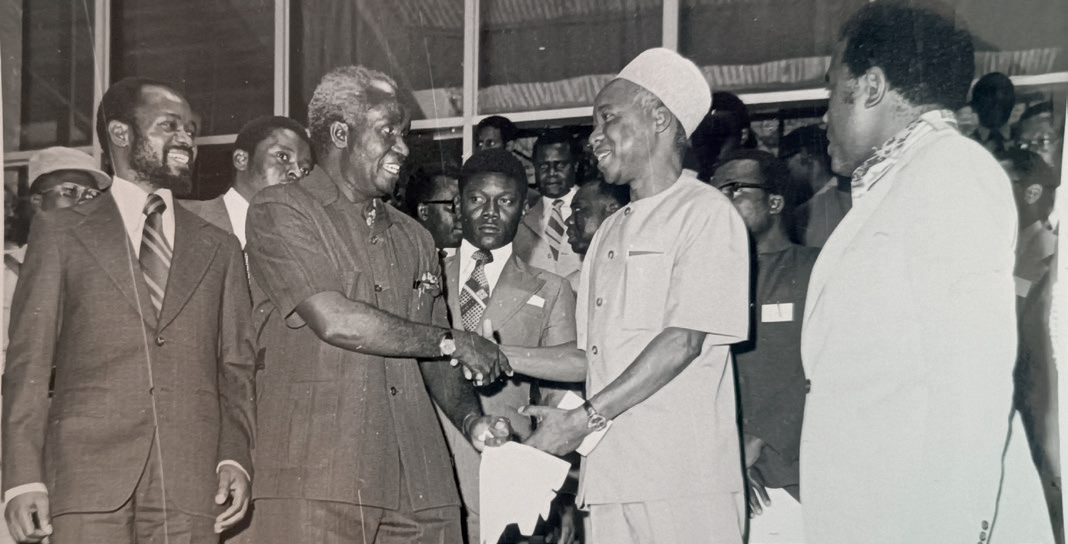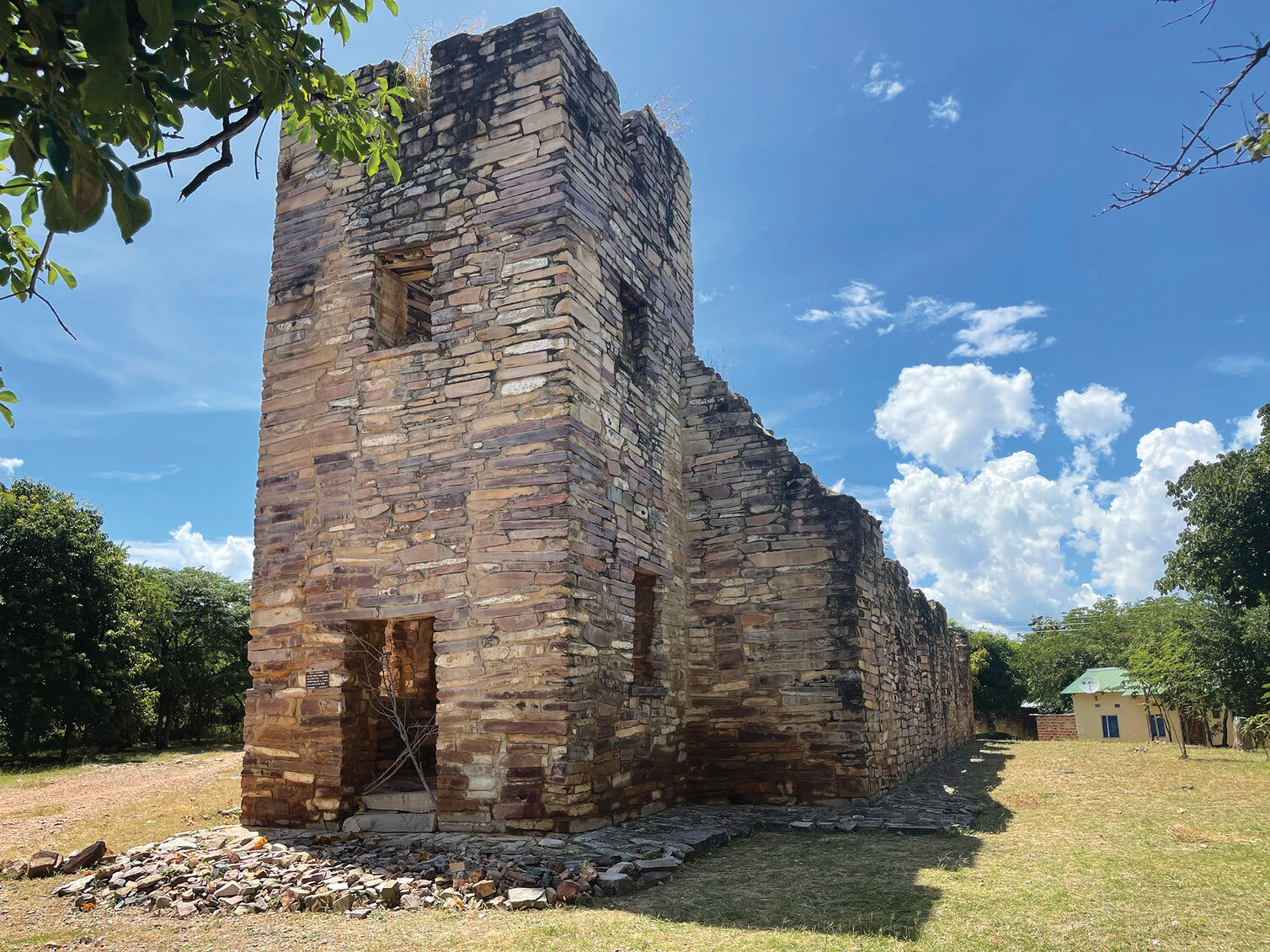Zambia’s boxing industry is robust and dynamic. With stories that seem almost fictional, Zambian boxers brave the odds and dominate both locally and on the international stage. From legendary figures like Lottie Mwale and established icons like Esther Phiri to rising stars like Patrick Chinyemba, boxing in Zambia is a beacon of resilience and a show of the nation’s strength.
Introduction
Zambia’s sports scene has been shaped by the country’s culture and economy. The instability of the Kwacha has created an enterprising spirit amongst Zambians in pursuit of economic stability. Beyond conventional avenues, some youth turned to the basslines of a Zamrock tune or the call of a football drifting down a dusty street for joy and sustenance. Others sought the glory of the boxing ring and established themselves amongst Zambia’s greatest athletes.
The Legendary Lottie Mwale
For very good reason, Lottie Mwale is probably the name most synonymous with Zambian boxing, both within the country's borders and beyond. Lottie not only pummeled opponents in the ring with a ferocity that would have him nicknamed “Gundazani” (which translates to “Shake them” in Chewa) but also escaped the depths of poverty and travelled the world—a story that amounts to the most resilient of African fairytales.
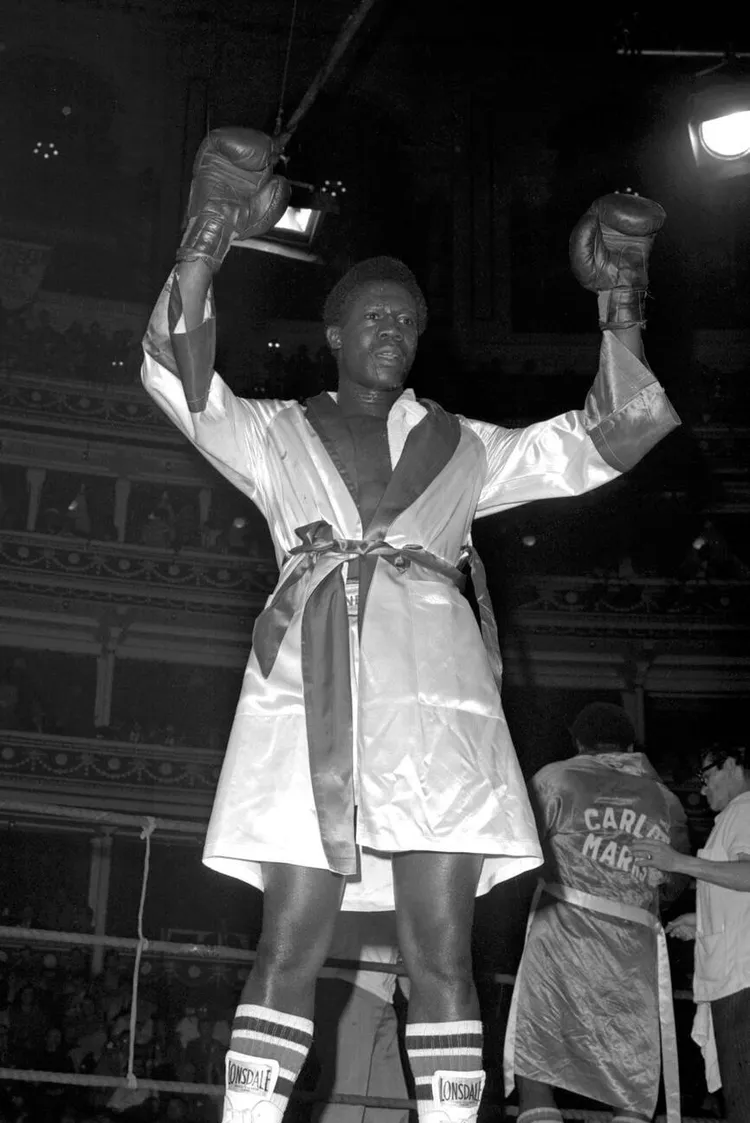
Lottie had a robust career that lasted over 30 years. He maintained the National Championship at light heavyweight for 20 years, the Commonwealth Light Heavyweight title for 9 years and lifted the African title. However, this boxing giant had modest beginnings. He was born on 14th April 1952 and lived in Wusakile, a mining compound in modern-day Kitwe.
Growing up in the mining compounds of Wusakile in what was then Northern Rhodesia the prospects for black youth were few and far between. The activities that provided an escape from the degradations of poverty were largely community-made. As few as they were Lottie tried his hand at nearly all of them. First, in goalkeeping, determined to be the next football star to hail from Kitwe, then in music in the rhythmic beat of a drumstick. But it was at the Rhokana Amateur Boxing Club in 1968 that he stumbled upon the pastime that would turn into a profession, and turn him into a full-blown star.
Balancing Acts
Mwale’s progression to the icon we know him as today was neither quick nor easy, even though just 2 years after he discovered the sport he represented Zambia for the first time internationally. In his early years, he was forced to maintain the delicate balance of keeping a day job that would provide him with enough money to survive while never hanging up his passion or his boxing gloves. This endeavour would see him become a copper miner in Chilabombwe among other jobs until he found stability in a move to Lusaka and a recruitment into the Zambian National Army.
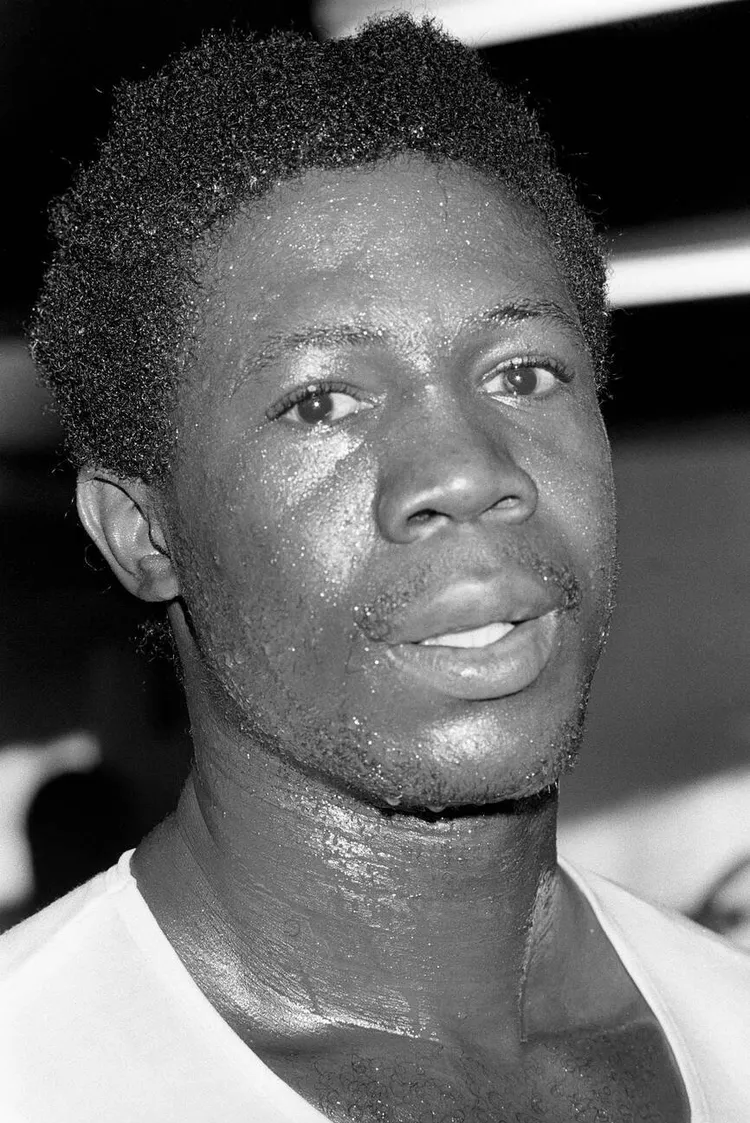
This career change meant that Mwale could receive a steady army salary while training under the army-affiliated Green Buffaloes Boxing Club. He soon gained captaincy of the Zambian national boxing team and 1974 saw him lift the Commonwealth Light Heavyweight title for the first time. The rest is history, the kind that saw Lottie Mwale earn the World Boxing Council International Title in 1990 and etch himself into the minds, hearts, and inspirations of a generation of young Zambian boxers.
Enter Esther Phiri
Esther Phiri’s fight did not begin in the ring. Her childhood was by no means an easy one. Born in Lusaka in 1987, the difficulties she faced would lead to her dropping out of school by sixth grade and becoming a teenage mother. With little education, money, and even fewer prospects, Esther took to cooking potatoes and chicken she would sell in the market to provide for her and her child. But by chance, and a community-funded HIV awareness program in 2003 Esther was introduced to boxing and never looked back. Esther went from trading in a market to becoming the first Zambian female world boxing Champion to achieve both sponsorships and titles, as well as her name on billboards across the country.
The List goes on…New Horizons
Since independence, Zambia has produced an incredible amount of boxing talent both male and female. Rising star Patrick Chinyemba has alone amassed over 20 medals, many of which were gold. Zambia has even produced a fighter in what boxing icon Mike Tyson often references as the “greatest double down in history” (Chisanda Mutti vs. Leroy Murphy).
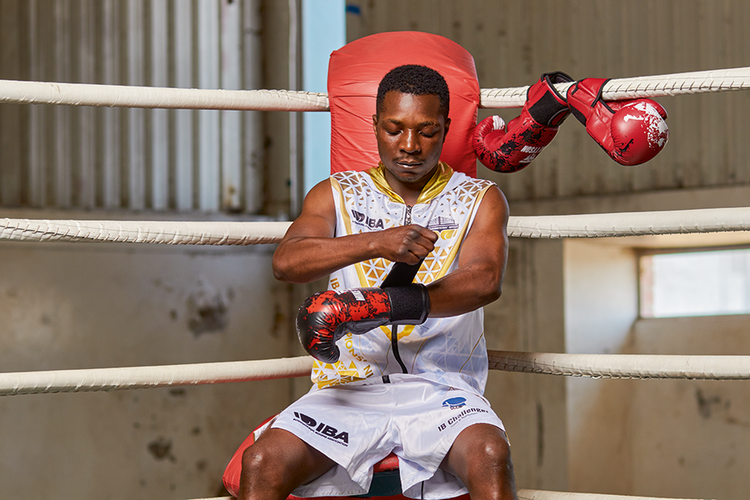
A common theme in Zambian boxing has been the role of both the community and former boxers in trying to help carve an easier way for the current ones. The roles in community development centres in the career of Lottie Mwale, Esther Phiri and even Patrick Chinyemba who participated in tournaments at the Olympic Youth Development Centre, underscore the importance of facilities like this in the lives of Zambians. Coaches also play a pivotal role in the success of Zambian boxers. Patrick Chinyemba’s coach, Wisdom Mudenda, was a successful boxer earlier in his career. As was Anthony Mwamba, a former Olympian who went on to train the likes of Esther Phiri and Joseph Chingangu among others before he died in 2021. Mwamba made a habit of taking youths from the street to show them a future in boxing and his impact still lingers.
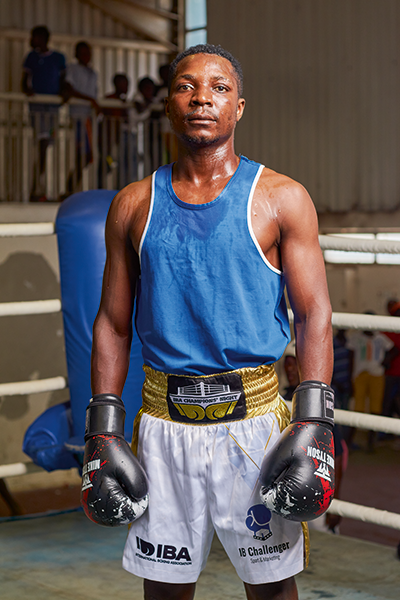
The remarkable biographies of Zambian boxers often seem like they leapt off the page of a Hollywood screenplay, demonstrating the strength and resilience of these athletes. In what almost reads as fictional, they braved the odds and were supported by community efforts and well-meaning individuals. This steadfastness and vigour to succeed is perhaps the most Zambian thing about them, standing firm in the face of instability.
